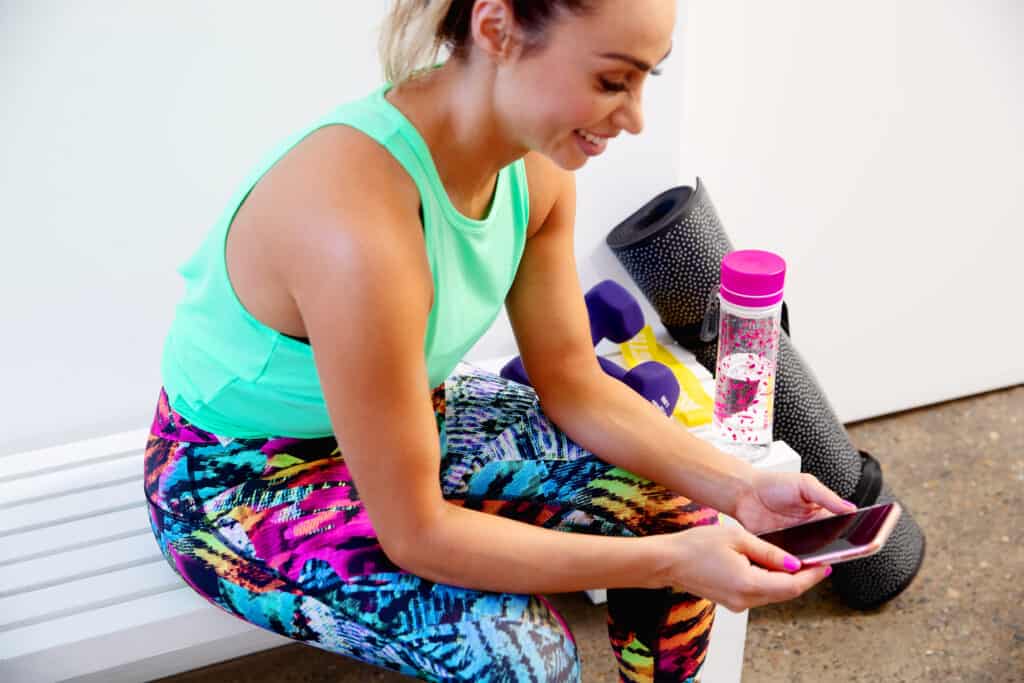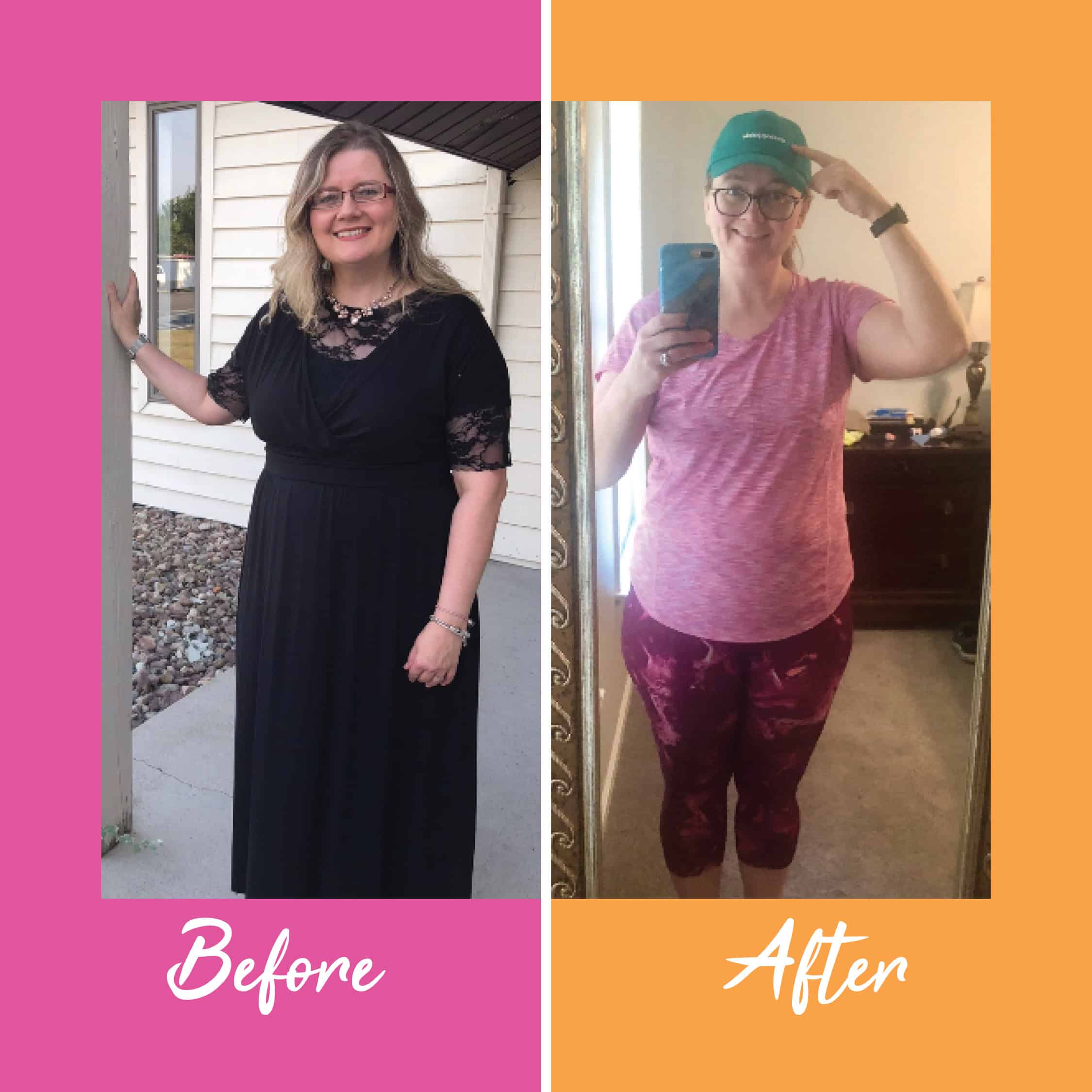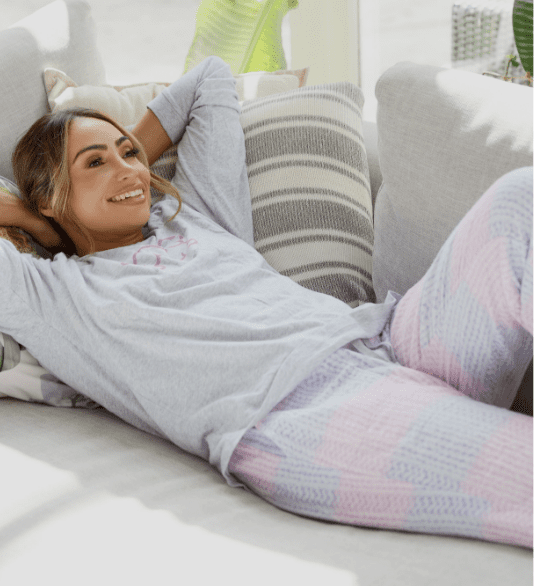 Movement
read more >
Movement
read more >

Digital Wellbeing | Checking In With Your Social Media Habits
In an increasingly digital world, we find ourselves incessantly checking our phones. If you ARE feeling this way, maybe you should rethink your digital habits if they don’t seem to be benefiting your mental health.
In an increasingly digital world, we find ourselves incessantly checking our phones: Instagram likes, Facebook messages, Spotify, emails, text messages, voice messages, podcasts and apps constantly pinging, begging for our constant attention and luring us into the temptations of scrolling and clicking. How many of us have been caught up watching Instagram stories or scrolling Facebook posts for hours, mindlessly clicking through until you jar yourself awake and you can’t remember the digital route that you took to wind up where you are? Not only that, but how do you FEEL after you finish a solid scroll sesh? Guilty? Jealous? Sad? You’re definitely not alone – so many of us get caught up in social media webs and wind up feeling awful after spending hours on the phone. If you ARE feeling this way, maybe you should rethink your digital habits if they don’t seem to be benefiting your mental health.
I’m going to throw some scary statistics at you: studies show that Americans check their phones between 80 and 300 times per day, with the average adult spending more than 11 hours per day watching, listening, reading or interacting with media (TV, smartphones, tablets, laptop usage) and 26% of Americans are constantly online! This is, of course, gathered from market research so it could be more or less if you were to launch a global study of developed nations.
What does that mean though? Well, my interpretation would be that we are losing actual face-to-face interaction with our friends and family due to our preoccupation with the digital world, adversely affecting our mental health. Many people are suffering from depression, anxiety and eating disorders that are fuelled by the idealised photos, videos and posts found on their social feeds. What we all need to remember is that posts online are not necessarily an accurate reflection of reality. The majority of people post a glamourised version of reality; how they want to be seen in the world and how they want to portray themselves. Remembering that what you see online is not necessarily reality can lead to some profound realisations about both yourself and who you follow.
Constant comparison to others leads to limited creativity and inspiration; breeds irritability, anger, jealousy and feelings of inadequacy. If this is how you are feeling, it’s time to break the scroll cycle and adapt a new approach to social media usage.
Acknowledge, Analyse and Reflect
Maybe you don’t know why you feel the way that you do when you are online. Take the time to acknowledge how you are feeling whenever you have a negative online experience, analyse why this triggered specific feelings of negativity, and reflect on what you can do to change the experience. Once you have identified the why and how, implement it! Possibly that means you need to do a cull of friends or people you are following, mute stories or posts, or even block, if necessary.
Hit the Unfollow Button
Does someone constantly pop up on your screen that immediately makes you feel awful, self-conscious and upset? Unfollow. Take control of your feed/feeds and tailor them to reflect exactly who and what you want to see when you open your social media. Worried about offending a friend or acquaintance you were roped into connecting with on socials? Facebook and Instagram have released a great feature where you can mute people’s posts and stories so they will never appear unless you manually search for them.
Limit Your Screen Time
I know, I know, this sounds daunting, AND difficult! Many of us have jobs that require us to spend hours and hours behind a computer, as well as commute to work. Ironically, “social” media can lead us to feeling more lonely and isolated. Decreasing screen time in your off hours has proven benefits, such as feeling less depressed and anxious. Use your time to connect with friends and family, exercise, read, meditate, cook, paint, write or practice yoga. There are plenty of activities that require no screen time, and these are just a few. Find the best ones for you and give them a regular slot in your weekly schedule! When I can be off my phone, I put it on ‘Do Not Disturb’, and I like to spend my time choreographing dance routines, reading books and spending time at the beach. I also allocate a block of time daily, in the evenings, to be present with my husband, so I’m sorry if I take a bit of time to get back to your comments! Boundaries are so important to enforce on yourself, and will only benefit your mental health at the end of the day. Temptation will be strong, but like anything, the urge to be constantly connected and glued to your phone will wane.
If the thought of trying to decrease screen time is too overwhelming, there are also apps that can help you set limits to your daily screen time, that notify you or force you off if you try to extend the time allowed.
Turn Off Notifications
Turning off notifications or turning your phone on Do Not Disturb can be a great way to disconnect from your social media for awhile. Instead of seeing tons of notifications of things happening online, you can rest easy not knowing for a while – and when you do go on to check, you’ll have the reward of a buildup of notifications to look through instead of just one or two at a time.
Using Social Media for Good
Now guys, I don’t want you to only take the negatives away from this blog post. Obviously, the majority of my job is utilising social media and the internet so I don’t want to beat it down too much. Social media has allowed me to create authentic, fun content, connect with YOU and build a community of like-minded people who want to celebrate each other’s success. This is exactly why I created the upBEat tribe – a rapidly-growing group of amazing humans, who build each other up and cheer each other on every day.
Social media is an important tool for businesses, brands and individuals. When used mindfully, social media allows you to connect with brands you love and allows those brands to become a multi-dimensional entity now as well – showing you their founders, employees, likes, dislikes and opens the communication channels in an unprecedented way. Social networking platforms allow you the tools to connect with people locally and internationally, that you may have never crossed paths with otherwise. The access to the free flow of both written and visual content is astounding – as well as the ability to interact with that media.
Social media can make you feel less alone and more connected, but with the right niche groups and a supportive, nurturing online environment, you can thrive and build genuine, meaningful connections.
Create a Better Digital Experience
So I’ve hit you with a lot of information here, and it can be a lot to break down. If you think that you want to change your digital habits, but are reluctant – start with small changes. For example, using ‘Do Not Disturb’ mode incrementally, make sure your phone is switched to night mode at night (soft orange light instead of harsh blue light), begin tracking and limiting your online time and identifying what makes you feel bad when you scroll. More and more you will be able to tailor your online experience to exactly what you want to see and you will begin to see and feel the benefits.






LEAVE A COMMENT